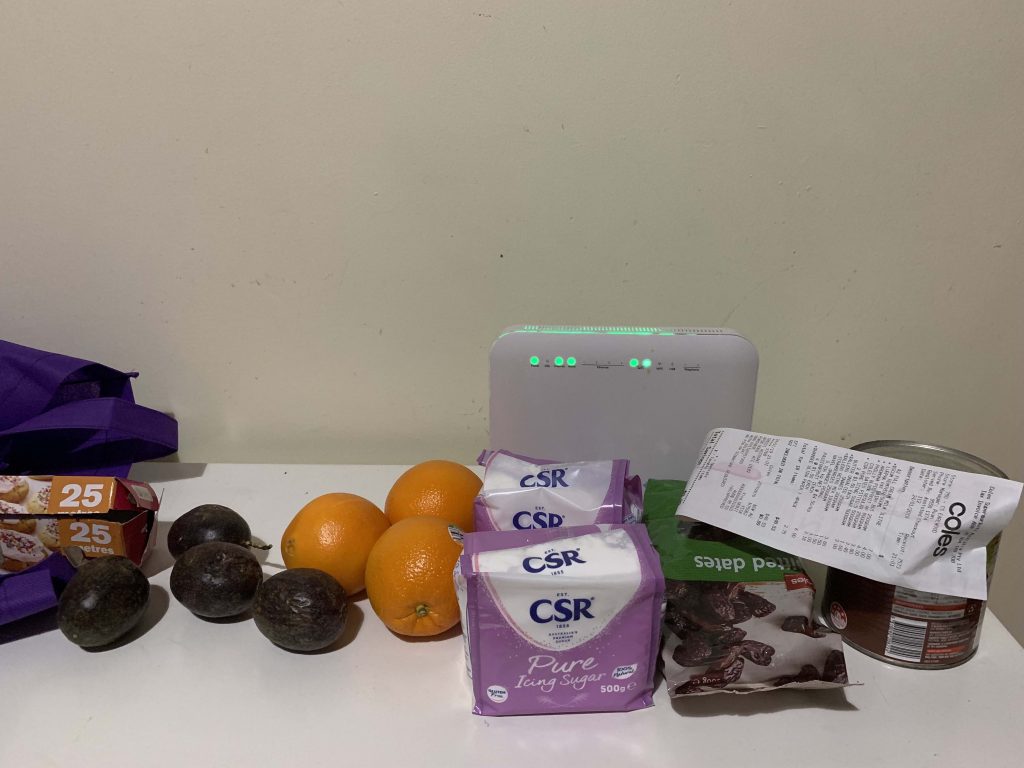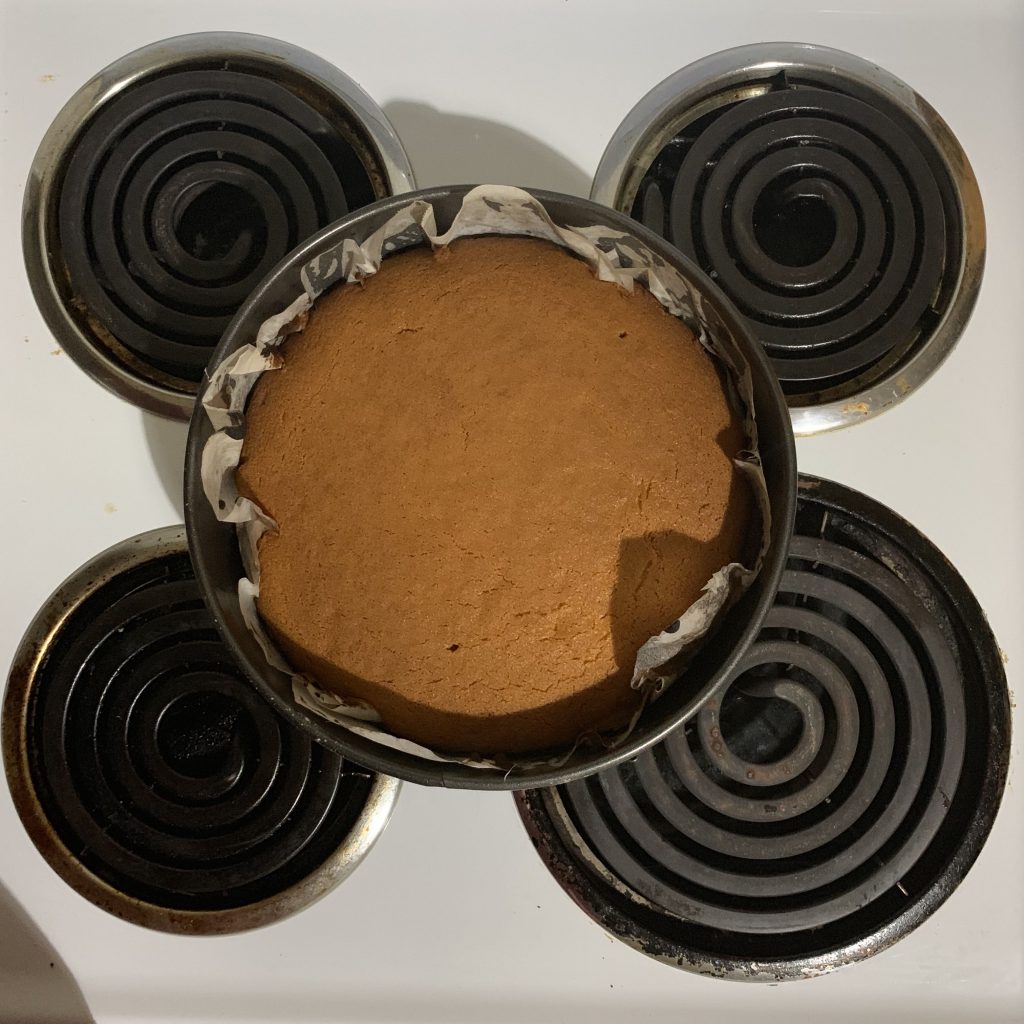MAKING MAN, A RECIPE
or
YOU CAN’T BAKE YOUR CAKE AND EAT IT TOO
My first experiment takes my word, MAN, and extrapolates it into an analysis of contemporary masculinity in a socio-cultural or domestic context, including a critique of related ingrained or traditional roles and expectations. In my mind map, in which I attempted to induce something like a stream of consciousness, one of the first things that I thought of when I got the word MAN related to gender. Flowing on from that, I thought about relationships and power imbalances between the different genders, which filtered through to thinking about ingrained or traditional gender roles. From that, the first thing I thought of was cooking, specifically baking, and about how something so prescriptive as a recipe mirrored the power imbalances present in said traditional roles.
Baking a cake is symbolic of unpaid female domestic and emotional labour in two ways: firstly, domestic baking is mostly regarded as an inherently feminine, nurturing activity, even though most of the “best” pastry chefs in the world are male (according to Google). Secondly, there is a gap in expectations regarding the output of emotional labour (for example: women, not men, seem to be more likely to be in charge of remembering birthdays, wrapping presents, planning parties and… baking birthday cakes).
As mentioned in my research page, I discovered that my partner, Jared, had never baked a cake before (from scratch or a packet mix, for himself or others), despite the fact that he has enjoyed a multitude of homemade birthday and celebration cakes made by his mother, grandmothers and great-grandmothers. It was because of this that I decided that this experiment would be a performance, in which I ‘collaborated’ with Jared. His task was to make a cake from scratch without relying on labour (emotional or domestic) from myself, with the knowledge that I would be taking the resulting cake to present to my classmates for assessment on Friday.
Jared’s first task was to find a recipe for a cake. This was the only point of the performance where I interacted with him: I was initially going to buy the ingredients and give him a recipe so it wouldn’t be too difficult for him. On discussing this with Paul, it struck me that I was already instinctively micromanaging the process and unwittingly enabling Jared to continue to rely on my labour. I decided that I would give him two hints about a good recipe, in keeping with the level of intervention that I was giving when my mother taught me to bake when I was four. He did find the recipe I was thinking of, which was a relief (initially!). It’s the Australian Women’s Weekly Basic Butter Cake, a simple cake with very few ingredients. The recipe for the cake can be found here, should anyone need to check potential allergens or ingredients. The cake is not vegan, not gluten free and not dairy free, sorry!
Jared then had to buy ingredients and bake the cake. He came home with massive bags of groceries, which he laid out on the bench. Knowing the recipe quite well, I could see there were way too many items out, and definitely items that weren’t even in the recipe. I asked him if he had read the recipe, which he confidently assured me that he had. I suggested reading it again – turns out he had only skim read it, and bought every ingredient for every variation listed along with the actual cake recipe, and was about to add all of them to the cake itself, thinking it was all the same thing. He did eventually realise that he was heading in the wrong direction.
There were a few other aspects of the recipe he blithely skipped through, so I began to ask him questions about how he felt about me presenting the cake to my classmates, for assessment. He was completely unconcerned about the outcome, saying “well, it is what it is. It’s just an experiment” His casual attitude is the antithesis of nearly every* woman I’ve ever seen bake: the panicked worry about creating a perfect cake to be fêted by all was completely absent. All of the errors freaked me out. I felt completely invested in this little cake, as though it was my responsibility to make perfect. I was surprised at how much it affected me.
The goal of the experiment was not to get Jared to make a technically perfect cake, the goal of the experiment was to see if baking the cake would induce in Jared similar levels of panic and insecurity about the cake, and whether he would hold himself to the same, incredibly high, standards I had witnessed in myself, my female friends and family members.
He didn’t.
This initial part of the performance will initially be invisible to the class: I will simply present them with my partner’s cake and invite them to eat it. This offering and consumption of the cake will be part of the performance, where the reactions and behaviour of the audience, interacting with a product of Jared’s labour, is the focal point of the work. I will document with photos (with consent).
*except my Mum, who can bake utterly perfect cakes with her eyes closed.

